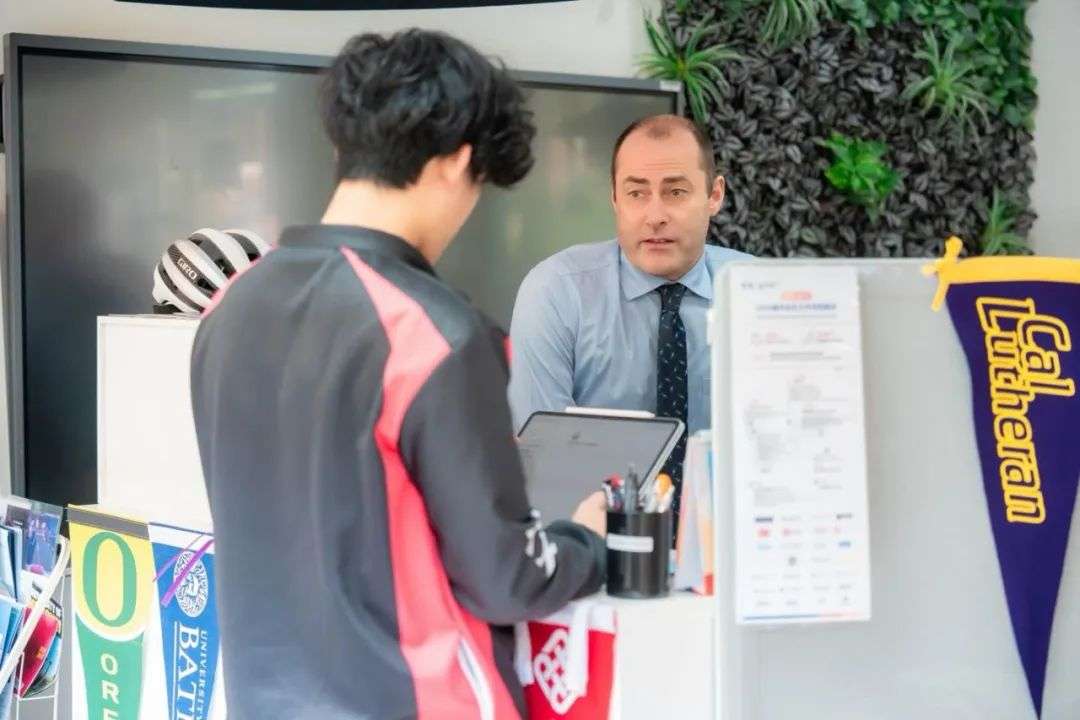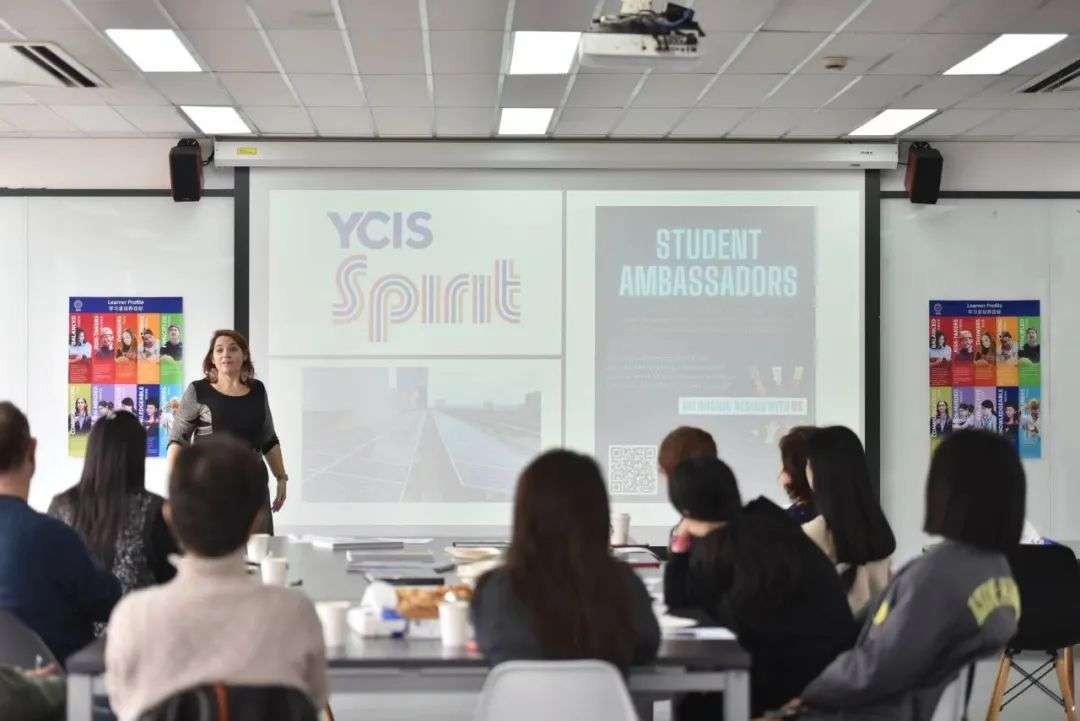Go Back
News
School News
Navigating the Path to Your Dream University (Part 2)
School News
20 Dec, 2024
13 : 04
In this article, we will focus on how the CUGO team supports applicants, strategies for applying to multiple countries, the advantages of the International Baccalaureate Diploma Programme (IB), and the role parents can play in the application process.
Q:How do our students maximize their strengths to become desirable candidates for universities?
Phillip Lee: Another crucial element is vulnerability. Students need to be open and honest about themselves, which is a departure from the typical writing style used in an academic setting. In application essays, being vulnerable means sharing personal stories and motivations.
For instance, if you love film, explain what ignited that passion. Why is it important to you? What specific movies have influenced you? Instead of simply stating, "I love movies," delve into the reasons and experiences that fuel this interest.
When writing application essays, students should also focus on demonstrating qualities that make them suitable for university.
Q:We have observed a trend where more and more students are inclined to apply to universities in different regions and countries. What do you think of this phenomenon, and what advice would you offer?
Alison Hung & Phillip Lee: The trend is particularly pronounced during and after COVID-19 due to increased concerns of uncertainty and safety. Many families are considering a multi-country strategy, and increasingly in Asia, with a noticeable rise in interest for places like Hong Kong SAR, Singapore, South Korea, Japan, and even mainland for those eligible.
We support students in applying wherever they wish if they are prepared to manage the applications. This aligns with globalisation, where opportunities are no longer limited to local areas.
My primary advice is to establish clear priorities. Each application requires significant work, and managing timelines is crucial. If you are considering applying to multiple countries, it is essential to consult with your counsellor early on. They can help you develop a timeline and determine your priorities, as application requirements can vary greatly. For instance, the US and UK have distinctive styles for personal statements and writing requirements.
For students aiming for top universities, such as Ivy League in the US and Oxbridge in the UK, early planning is vital.
These applications often involve additional testing and numerous writing pieces, especially for US schools where universities like Stanford require multiple essays. Therefore, it is important to start discussions with your counsellor in Year 12 to map out a feasible plan.
In Year 12, we also provided students with mock admissions exercises so that the students can understand the application processes of different regions.
We also have a policy limiting applications to 12 universities to encourage the students to engage in a thoughtful selective process to prevent students from becoming overwhelmed and to ensure the quality of the applications, while also allowing them to focus on their IB studies, all of which are crucial for success.
Q:There are numerous options for secondary curricula available for international students. What are your thoughts on the International Baccalaureate (IB)? What do you consider to be its key features and strengths?
Bert Hall: I've taught both AP and IB classes, and I believe the IB curriculum is the strongest for several reasons. Firstly, it requires students to select subjects across six core academic areas, which enhances their university applications. Additionally, the IB is highly respected worldwide for its rigor; it is a challenging programme yet achievable.
Students who complete the IB Diploma or IB Courses are well-prepared for university. In discussions about whether to choose an IB school or others, it's important to note that IB is among the more rigorous curricula, which is highly valued by universities.
The difficulty of a curriculum is a key criterion for university applications, and IB more than meets this requirement. Its core components, like the Extended Essay and Theory of Knowledge, teach students to think critically about what they know and how they know it while also developing university-level research skills.
Q:What can parents do during the application season?
Phillip Lee: We collaborate closely with both parents and students throughout the university application process. Starting in Year 12, we hold family meetings to discuss the student's university plans. We recommend at least two meetings: one in the second semester of Year 12 and another before Year 13 begins.
Some parents may request additional meetings, and we are open to arranging more as needed. These meetings are tailored to each student, ensuring their specific needs and goals are addressed.
Parents should allow their child to navigate the application process themselves. This decision is significant and helps students learn responsibility, preparing them for future independent decisions, like job applications.
Parents should be open and honest with their children and us. Early discussions about application preferences can prevent conflicts and disappointment later on.
While parents should offer support and advice, they should avoid being overly controlling. Researching alongside their child is beneficial, but it's important to guide rather than dictate.
Parents must maintain a long-term view. While attending a prestigious school can be beneficial, it is not the sole determinant of success. The focus should be on finding a school that best prepares the student for their future, keeping in mind that university is just a short phase in life.


















